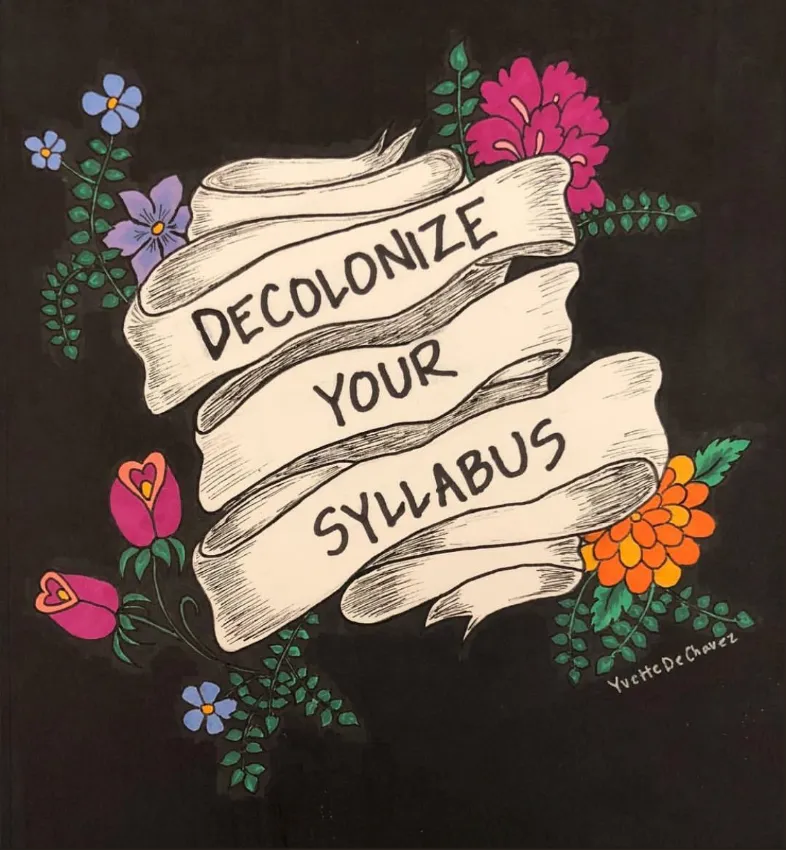
 What does it mean to decolonize the curriculum?
What does it mean to decolonize the curriculum?
“Decolonizing the curriculum is a multifaceted process that promotes inclusivity, critical and creative thinking, and social responsibility while reorienting the dominant Western, white, and male-centric paradigms that persist in academia. It seeks to challenge existing biases, embrace diverse ways of understanding the world, and create more inclusive and equitable learning environments that validate and empower historically excluded voices and perspectives. It recognizes what remains valuable in past teaching and scholarly traditions while enriching those traditions. The active, ongoing process of decolonizing the curriculum goes beyond simply diversifying content; it requires a critical examination of how knowledge is constructed, shared, and taught.”